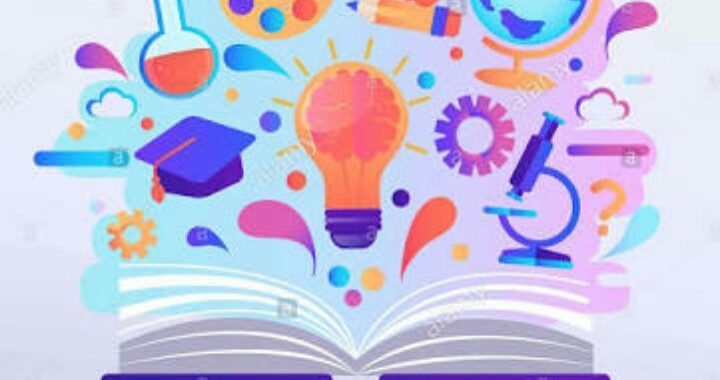The practical definition of illiteracy
If one were to ask you to define what it means to be literate, as opposed to being illiterate, you will probably say it is a person who can read and write in any given language. But it means a lot more. In fact, most people who can read don’t understand half what they read. And most people who can write don’t understand the meaning of much of what they write. For instance, an average Nigerian graduate may not be able to distinguish between “could” and “would” or between “I hope” and “I expect” or “I believe”. Yet these are basic language tools. One noticed, for instance, that when one use words such as “probably” or “seemingly” or “apparently” in a sentence, most Nigerian graduates understand the statement as if these words were not contained in the statement. Many graduates don’t understand the meaning of the phrase “by default’.
So, we need to look for a better and more effective definition of the term that can give it meaning and purpose. So, you need to be referred to the definition adopted by the United States Department of Education.
The Program for the International Assessment of Adult Competencies, which is cited by the U.S. Department of Education, defines literacy as:
“the ability to understand, evaluate, use and engage with written texts to participate in society, to achieve one’s goals, and to develop one’s knowledge and potential”
By the above definition, you can tell that being able to read and write in certain languages will not make you literate. If you cannot “develop [your] knowledge and potential” in physics and human anatomy or calculus or algorithm in a given language, then you are not literate based on your skill or proficiency in such language.
Let us reevaluate our understanding of what it means to be considered literate.

